| Memorial Pictures of Zhou Enlai | |
|---|---|
| Mar 20, 2007 04:36 | |
 | ...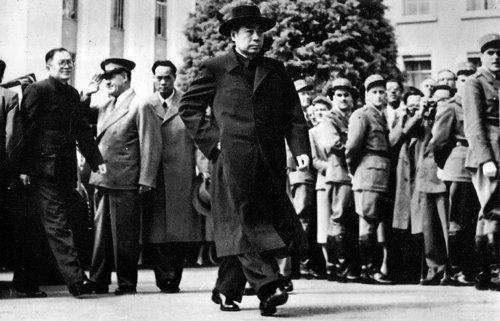 |
| Mar 20, 2007 04:36 | |
 | ...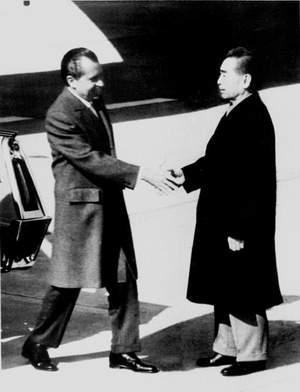 |
| Mar 20, 2007 04:38 | |
 | Love Forever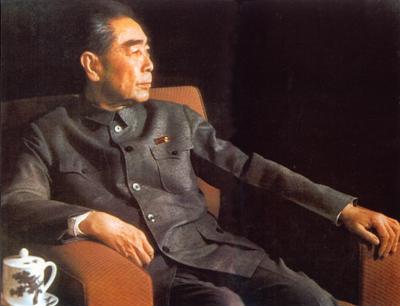 |
| Mar 20, 2007 04:40 | |
 | O CAPTAIN! my Captain! our fearful trip is done; The ship has weather'd every rack, the prize we sought is won; The port is near, the bells I hear, the people all exulting, While follow eyes the steady keel, the vessel grim and daring: But O heart! heart! heart! O the bleeding drops of red, Where on the deck my Captain lies, Fallen cold and dead. 2 O Captain! my Captain! rise up and hear the bells; Rise up—for you the flag is flung—for you the bugle trills; For you bouquets and ribbon'd wreaths—for you the shores a-crowding; For you they call, the swaying mass, their eager faces turning; Here Captain! dear father! This arm beneath your head; It is some dream that on the deck, You've fallen cold and dead. 3 My Captain does not answer, his lips are pale and still; My father does not feel my arm, he has no pulse nor will; The ship is anchor'd safe and sound, its voyage closed and done; From fearful trip, the victor ship, comes in with object won; ' Exult, O shores, and ring, O bells! But I, with mournful tread, Walk the deck my Captain lies, Fallen cold and dead. |
| Mar 20, 2007 19:50 | |
 | I love Zhen Enlai, he is the most respectful man for me. And Lincoln, I also admire him. |
| Mar 20, 2007 22:47 | |
 | Yes, great man. |
| Mar 21, 2007 04:15 | |
 | O, bbqq, I think the poem you chose is just great to memorize our dearest Premier Zhou. |
| Mar 21, 2007 11:00 | |
 | Short history of Great Premier Zhou.? |
| Mar 27, 2007 11:34 | |
 | BBQQ, so great job - to choose and upload so many pictures. I admire this kind of patriotical people like you. Well,there is a question about the biography of the comrade Zhou Enlai, so let me answer: Zhou Enlai was born to a gentry family and was reared by his uncle in Shaoxing, Zhejiang province, where he received his elementary education. He graduated from a well-known middle school in Tianjin and went to Japan in 1917 for further studies. He returned to Tianjin in the wake of the student demonstrations in Beijing that became known as the May Fourth Movement (1917–21). He was active in student publications and agitation until being arrested in 1920. After his release from jail that fall, he left for France under a work-and-study program. It was in France that Zhou made a lifelong commitment to the communist cause. He became an organizer for the CCP in Europe after its founding in Shanghai in July 1921. In the summer of 1924 Zhou returned to China and took part in the national revolution, led by Sun Yat-sen's Nationalist Party (Kuomintang) in Guangzhou (Canton) with CCP collaboration and Russian assistance. It was at this time, in 1925, that he married Deng Yingchao, a student activist who later became a prominent member of the CCP. Zhou was appointed deputy director of the political department of the Whampoa Military Academy, where Chiang Kai-shek was the commandant. Early in 1927 Zhou became director of the military department of the CCP Central Committee. |
| Mar 27, 2007 11:37 | |
 | When Chiang's troops were on the outskirts of Shanghai in March 1927, Zhou organized the workers' seizure of that city for the Nationalists. But Chiang soon afterward purged his former communist allies, and Zhou barely escaped with his life to Wuhan, the new centre of communist power, where the CCP was still working closely with the left-wing branch of the Nationalist Party. There, in April 1927, during the party's Fifth National Congress, Zhou was elected to the CCP Central Committee and to its Politburo. Following the left-Nationalist split with the communists, Zhou took a major role in organizing the communist insurrection known as the Nanchang Uprising (August 1927). Upon the Nationalists' recapture of the city of Nanchang, Zhou retreated to eastern Guangdong province and then escaped to Shanghai via Hong Kong. Zhou was confirmed in his party leadership posts during a visit to Moscow in 1928 for the Sixth National Congress of the CCP, after which he returned to China to help rebuild the battered CCP organization. In the late 1920s the CCP centre, operating underground in Shanghai, continued to stress urban uprisings, but communist attempts to seize major cities failed repeatedly, with great losses. Zhou left Shanghai in 1931 for Jiangxi province, where Zhu De and Mao Zedong had been developing communist rural bases (soviets) since 1928. In 1932 the party centre, under increasingly heavy police pressure in Shanghai, also moved to Jiangxi, and Zhou succeeded Mao as the political commissar of the Red Army, which was commanded by Zhu De. Although Zhou initially allied himself with the CCP leaders who wrested control of policy making in the Jiangxi soviet from Mao's hands, the two men eventually entered into a close association that would last unbroken until Zhou's death. Chiang Kai-shek's campaigns finally forced the communists to retreat from Jiangxi and other soviet areas in south-central China in October 1934 and begin the Long March to a new base in northern China. Mao gained control of the party apparatus during the Long March; he also took over Zhou's directorship of the Central Committee's military department. Zhou thenceforth faithfully supported Mao's leadership in the party. The Long March ended in October 1935 at Yen'an in northern Shaanxi province, and, with the securing of the communists' base there, Zhou became the party's chief negotiator and was set to the difficult task of forming a tactical alliance with the Nationalists. hou. |
Post a Reply to: Memorial Pictures of Zhou Enlai






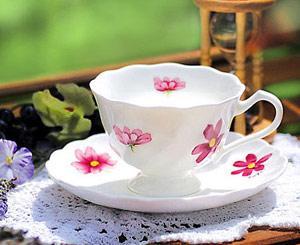
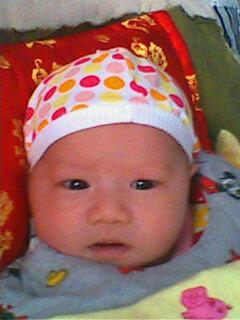
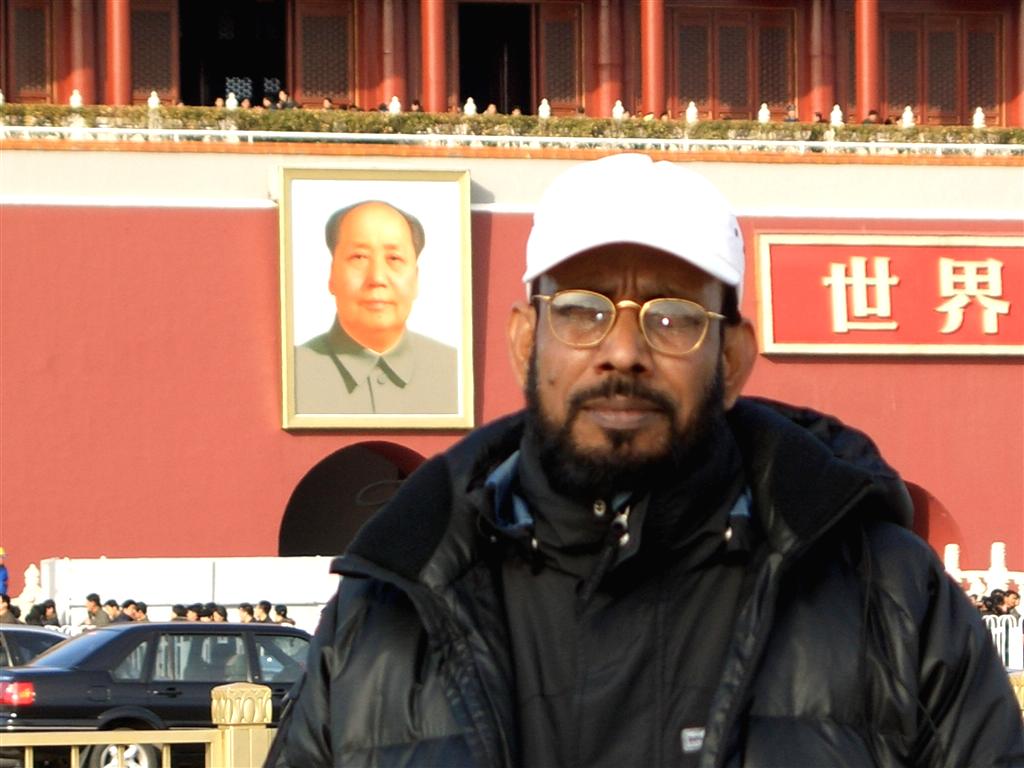
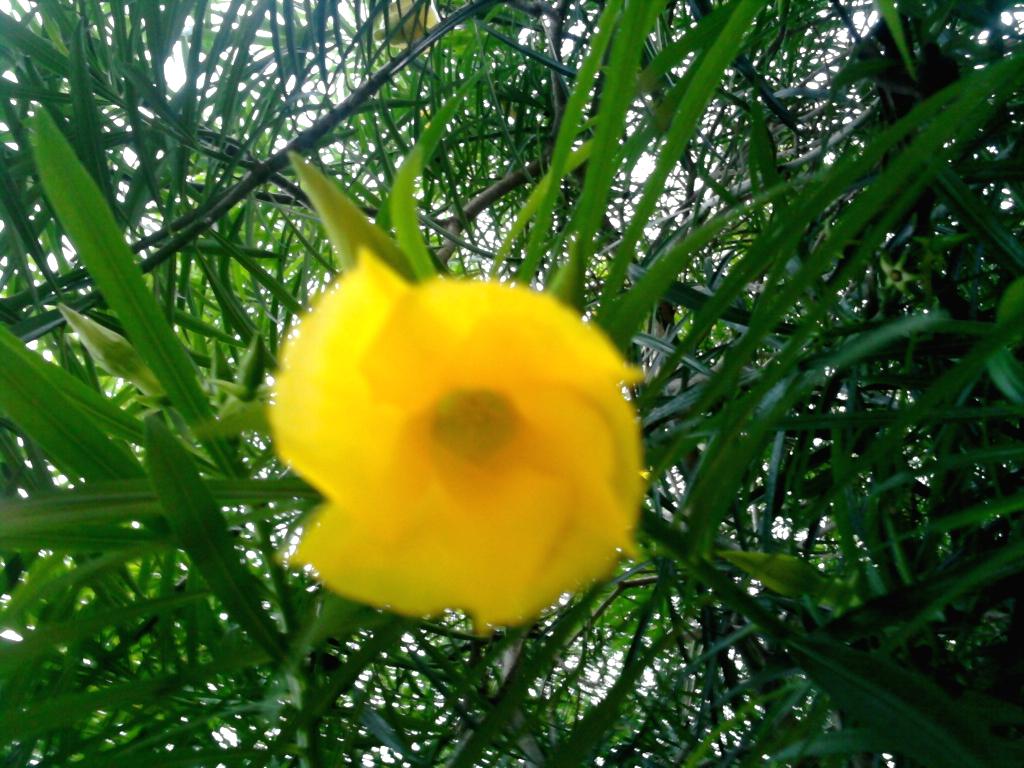
 Copyright © 1998-2026 All rights reserved.
Copyright © 1998-2026 All rights reserved.